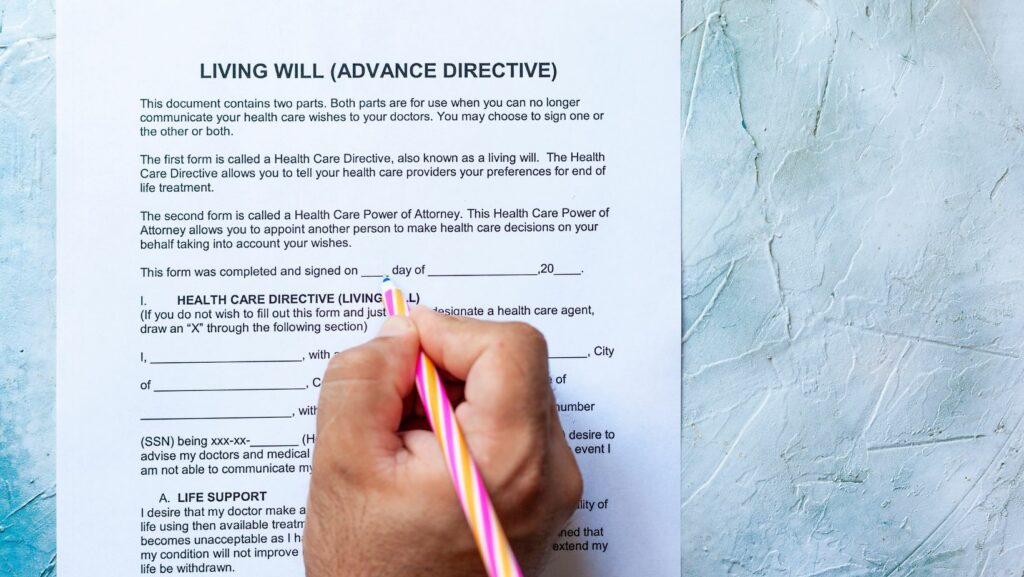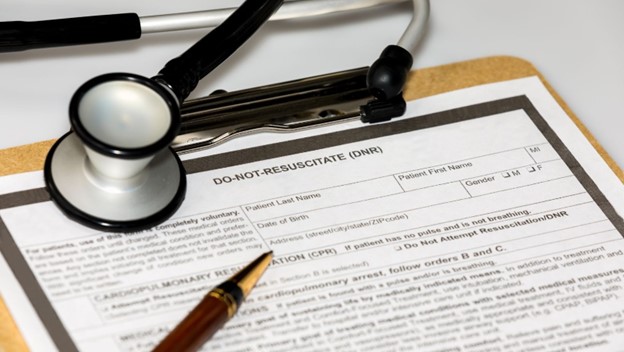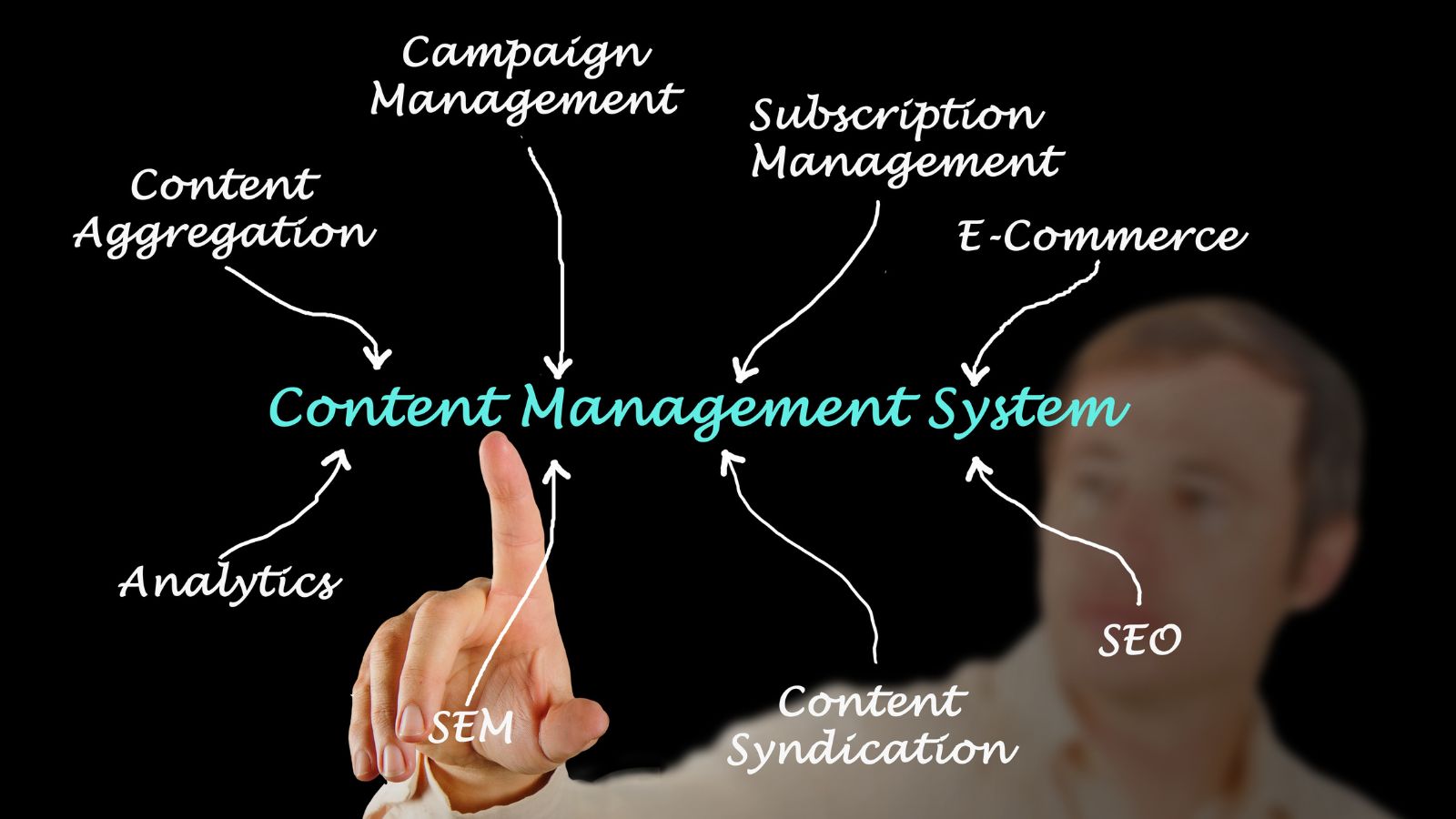

When it comes to accuracy, we all want to be on the right side of things. But sometimes, it can be challenging to determine which statement is truly accurate. That’s why I’m here to shed some light on the subject and help you navigate through the maze of information. In this article, we’ll explore a range of statements and uncover the truth behind them. So, buckle up and get ready to separate fact from fiction as we dive into the world of accurate statements.
Have you ever found yourself questioning the accuracy of a statement? You’re not alone. With so much information available at our fingertips, it’s easy to get lost in a sea of conflicting claims. That’s why I’ve decided to tackle this topic head-on. In this article, we’ll dissect a series of statements and determine which one is truly accurate. Get ready to uncover the truth and gain a deeper understanding of the accuracy behind these statements. So, let’s dive in and discover the real deal together.
Which of the Following Statements is Accurate Concerning Advance Healthcare Directives?
Accuracy plays a crucial role in our daily lives, guiding our decisions and shaping our understanding of the world. In the age of information overload, it can be challenging to discern accurate statements from misinformation or even deliberate falsehoods. As consumers of information, it is vital that we recognize the significance of accuracy and strive for it in our own statements and beliefs.
One of the reasons why accuracy is so crucial is its direct impact on credibility. When we encounter inaccurate statements, it can erode our trust in the source of that information. Whether it’s a news article, a social media post, or a conversation with a friend, accuracy is a key determinant of whether we lend credibility to what we hear or read. Without accurate information, decision-making becomes flawed and can lead to unintended consequences.
Furthermore, accuracy is the foundation of learning and knowledge acquisition. When we seek to gain knowledge on a particular subject, accurate information is essential for building a solid understanding. If we rely on inaccurate statements or misinformation, it can lead us down the wrong path, hindering our ability to develop a well-informed perspective.
Understanding the Challenge
When it comes to accuracy, there are several challenges that we face in our daily lives. In today’s fast-paced world, where information is readily available at our fingertips, it can be difficult to determine what is accurate and what is not. This poses a significant challenge, as the accuracy of the information we consume directly impacts our credibility, learning, communication, and integrity.
One of the main challenges we face is the abundance of misinformation and fake news. With the rise of social media and online platforms, anyone can publish information without necessarily verifying its accuracy. This makes it crucial for us to be critical thinkers and fact-checkers. It’s important to question the sources of information and cross-reference it with reliable and authoritative sources.

Exploring a Range of Statements
When it comes to determining accuracy, it’s important to consider a wide range of statements before drawing any conclusions. In today’s information age, we are bombarded with countless claims and opinions on a daily basis. Some of these statements may be true, while others may not stand up to scrutiny. It’s up to us as consumers of information to separate fact from fiction and make informed decisions.
One approach to evaluating statements is to consider the sources. Are they reputable and trustworthy? Do they have a track record of accuracy? Taking the time to dig deeper into the background of the sources can provide valuable insights into their credibility.
Conclusion
In today’s information age, determining accuracy can be a daunting task. However, by considering a wide range of statements, evaluating the credibility of sources, examining the evidence behind claims, and considering multiple perspectives, we can improve our ability to separate fact from fiction.
One strategy for determining accuracy is to evaluate the credibility of the source. By assessing the reputation, expertise, and bias of the source, we can better gauge the reliability of the information provided. Examining supporting evidence is another valuable approach. By looking for verifiable facts, data, and research, we can determine if the claims being made are supported by solid evidence.












